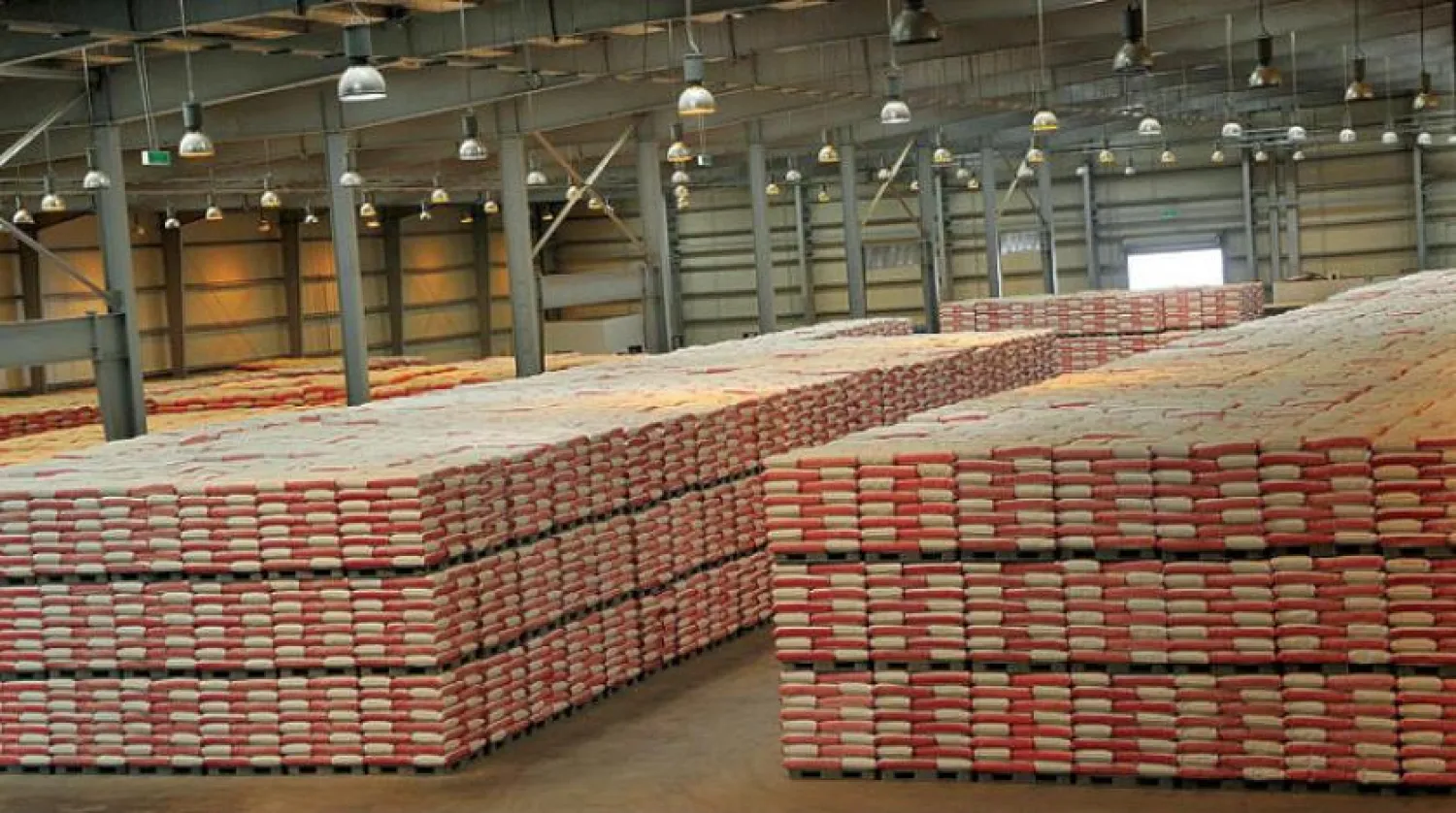Saudi flour mills are only a few steps away from the privatization process after fulfilling investor requirements, while still preserving the characteristics of their sector.
The Saudi Grain Organization (SAGO) and HSBC Saudi Arabia underlined recent updates in the privatization process to prepare flour milling companies for their potential investors.
The SAGO stated that it had audited the financial statements for the fiscal year 2017 for each of the flour milling companies that will be available to qualified investors.
The qualification phase will be launched on June 28. The stage of qualifying investors, whether companies or alliances, precedes the potential sale process.
Saudi flour mills are an opportunity to invest in one of the largest flour markets in the Middle East and North Africa, boasting attractive growth rates and opportunities to the private sector.
The flour mills sector is one of the sectors that are being fully privatized according to Saudi Vision 2030.
The Privatization Program in the Kingdom has recently become a major gateway to a new phase of diversifying the economy and increasing the efficiency of the private sector.
The Program also seeks to improve the performance of the national economy and services, making them available to as many people as possible. This will increase employment opportunities and attract the latest technologies and innovations.









